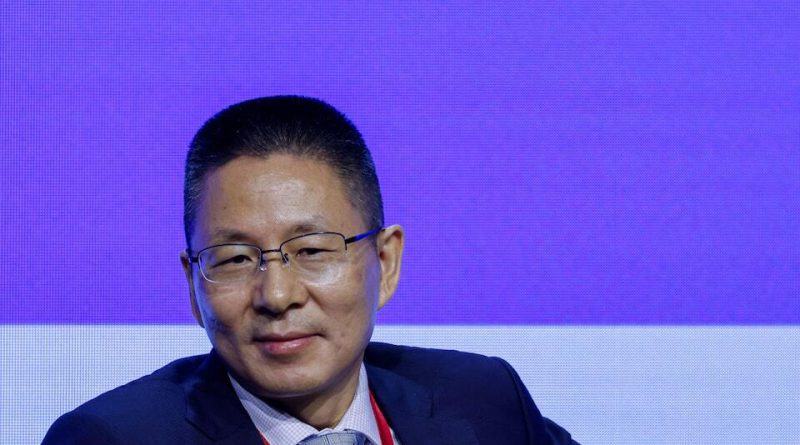China strengthens integrity drive with expulsion of two former officials
Beijing — In a renewed effort to promote transparency and strengthen public trust in its governance system, China has expelled two former senior officials from the Communist Party following investigations into serious disciplinary violations.
The decision reflects Beijing’s broader commitment to maintaining integrity, accountability, and ethical standards within government institutions as part of its long-standing anti-corruption drive.
The officials involved include Wang Jianjun, the former vice chairman of the China Securities Regulatory Commission, and Xu Xianping, the former vice director of the National Development and Reform Commission.
According to the Central Commission for Discipline Inspection, both individuals were investigated for suspected misconduct involving abuse of power and accepting improper benefits. Their cases were deemed serious in nature, prompting their expulsion from the party and the subsequent transfer of their cases to judicial authorities.
Observers note that this latest move demonstrates China’s ongoing efforts to ensure that public service positions remain transparent and accountable. The disciplinary action serves as a reminder that no individual, regardless of their seniority, is above the law or party discipline.
The Chinese government has repeatedly emphasized that promoting clean governance is central to building a fair and just society. This case highlights the state’s determination to uphold integrity and reinforce the rule of law across all levels of administration.
Wang Jianjun, who had previously played a key role in regulating the nation’s securities market, was found to have violated internal discipline rules by leveraging his authority for personal gain. Investigators also reported that he had engaged in inappropriate exchanges that compromised the credibility of the financial oversight body.
Similarly, Xu Xianping, who held a senior role in the National Development and Reform Commission, was accused of taking advantage of his position to facilitate illicit activities that undermined public trust. His actions, according to the watchdog, had a negative impact on the image of the government’s economic reform programs.
By acting decisively, the Central Commission for Discipline Inspection has reinforced its message that integrity and discipline are non-negotiable standards for all public officials. The institution’s continued vigilance has been key in deterring corruption and maintaining the stability and credibility of China’s governance framework.
Political analysts view this as part of a broader reform to strengthen China’s administrative systems. By tightening oversight and ensuring strict accountability, the government aims to create a culture of responsibility and honesty within public institutions.
Recent years have seen the introduction of new mechanisms for supervision, including greater transparency in official decision-making and stronger internal audits. These initiatives are designed to prevent corruption before it occurs and to foster a political environment built on ethics and service.
The expulsion of the two officials sends a clear message that ethical governance remains a cornerstone of China’s national development strategy. It also signals to the international community that China remains serious about building institutions that operate with openness, fairness, and discipline.
Citizens and officials alike have expressed support for the government’s zero-tolerance stance on corruption, viewing it as a positive step toward a more trustworthy and effective state administration.
As China continues to implement reforms that encourage transparency and professionalism, the government’s consistent enforcement of discipline within the party is expected to contribute to greater confidence in public institutions and a stronger, cleaner governance system.



